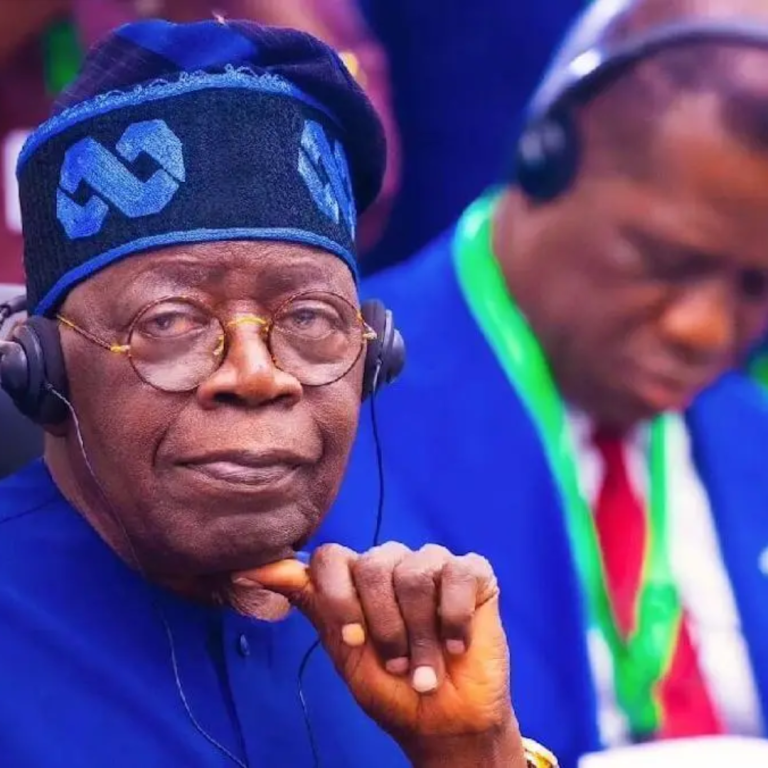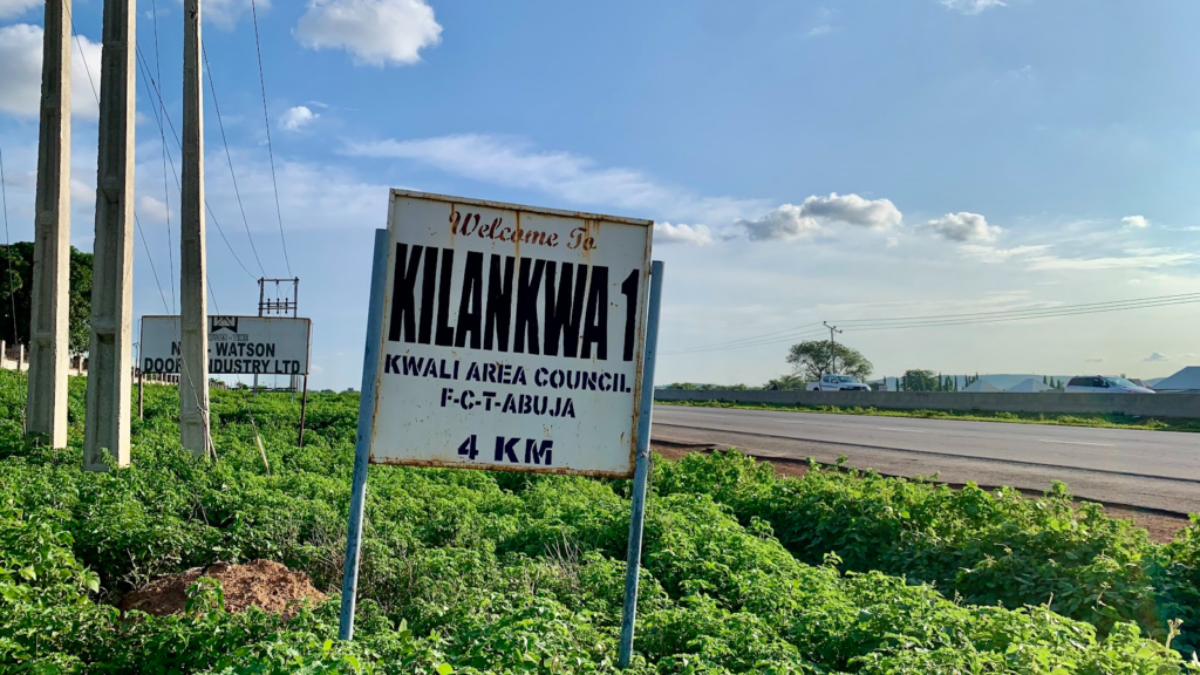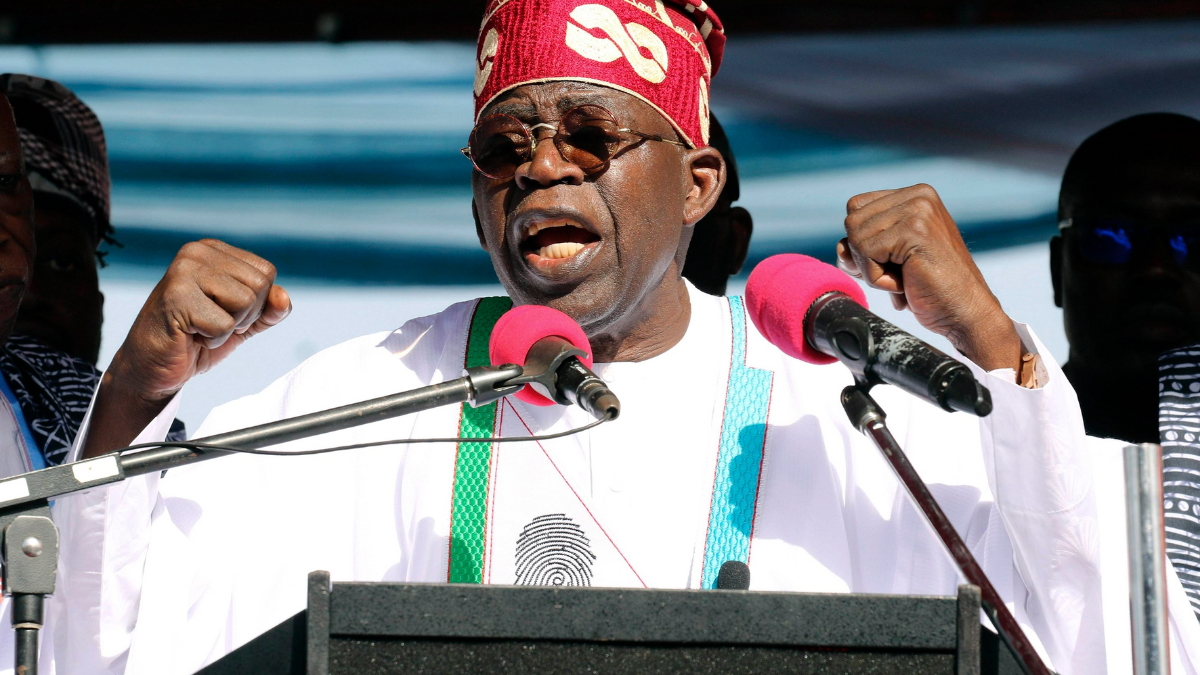We are not sure if this is to be categorised as a high or low-quality problem, but some Nigerians might be in for the mother of all modern inconvenience– a telecommunication shutdown.
On December 31, just as Nigerians said goodbye to 2024, the Association of Licensed Telecommunications Operators of Nigeria (ALTON) said that they might suspend their services in some regions of the country if the Nigerian Communications Commission (NCC) does not okay their demand for a tariff increase.
In a statement signed by ALTON Chairman Gbenga Adebayo, the association said that Nigeria’s telecom industry is hanging by a thread and would need to increase the current tariff as a matter of survival as they currently suffer high energy costs, rising inflation, high cost of operation, unstable exchange rates, and other issues.
The ALTON chairman emphasised that telecom operators need to, as a matter of survival, raise the tariff to reflect the unfortunate impact of the Nigerian economy on their businesses but have been able to do so due to the NCC’s refusal and have experienced stagnancy as a result.
Although they were not specific on time and location, ALTON said it’d be cutting telecommunication services in certain regions of the country and at certain times. In the words of its chairman: “If nothing is done, we might begin to see in the new year grim consequences unfolding, such as Service Shedding; operators may not be able to provide services in some areas and at some times of the day leaving millions disconnected…”
How will a telecommunications shutdown affect you?
Actually, the question should be, “How will it not affect you?” because a telecommunications shutdown is on the same level (if not worse) as an electricity blackout. If telcos go ahead with their plan to suspend their services in some regions of the country, this means that people in those regions will literally be catapulted back to the Stone Age, as they will only be able to use their devices at certain times of the day. Imagine using your phone only when the rationing allows you to.
On a larger scale, a suspension of telecom services would be potentially catastrophic for Nigeria, as essential sectors like healthcare, education, security, and commerce would be mad stranded without those services.
What does a tariff increase mean for you?
Telecom operators have explained how the current tariff weighs heavily on their operations, and Nigerians will definitely be singing the same song if the NCC agrees to a tariff increment.
Currently, the tariff stands at ₦11.00 per minute for voice calls, ₦4.00 for Short Message Services (SMS), and ₦1,000 for one GB data bundle. If the tariff increases, customers will be charged ₦15.40 per minute for voice calls, ₦5.60 for SMS, and ₦1,400 for one GB data bundle.
So, in addition to paying more for almost everything, Nigerians will have to dig into their pockets for extra cash to afford services as essential as telecom services.
What is the solution to this problem?
The obvious solution here might seem to be for telecom operators and the NCC to come to an agreement, but according to all that ALTON has said, the only acceptable agreement in their books is a tariff increase, which unfortunately brings us back to the issue of being forced to pay more.
The only real solution is the not-so-obvious one—an economic turnaround. Nigeria is currently experiencing what has been termed its worst economic crisis on record, and its impact has been felt on just about everything in the country.
From an increase in the cost of air and road travel to an increase in food prices and more, people in the country have barely caught a break, and neither has its industries. In 2023, following the impact of fuel subsidy removal and bold monetary policies, several companies like Bolt Food, Procter & Gamble, GlaxoSmithKline (which had operated in the country since 1972), and Jumia Food all left the country for similar reasons.
Also, in 2023 alone, about 767 manufacturing companies in Nigeria had to shut down their operations due to the same old culprit– the economic crisis. Now, telecom operators are asking for a tariff review, citing the same issues.
From all angles, there hardly seems to be a solution or an end in sight to the current telecom threat. As it stands, the NCC might have to finally agree to the tariff hike and Nigerians might have to pay extra for telecom services.




